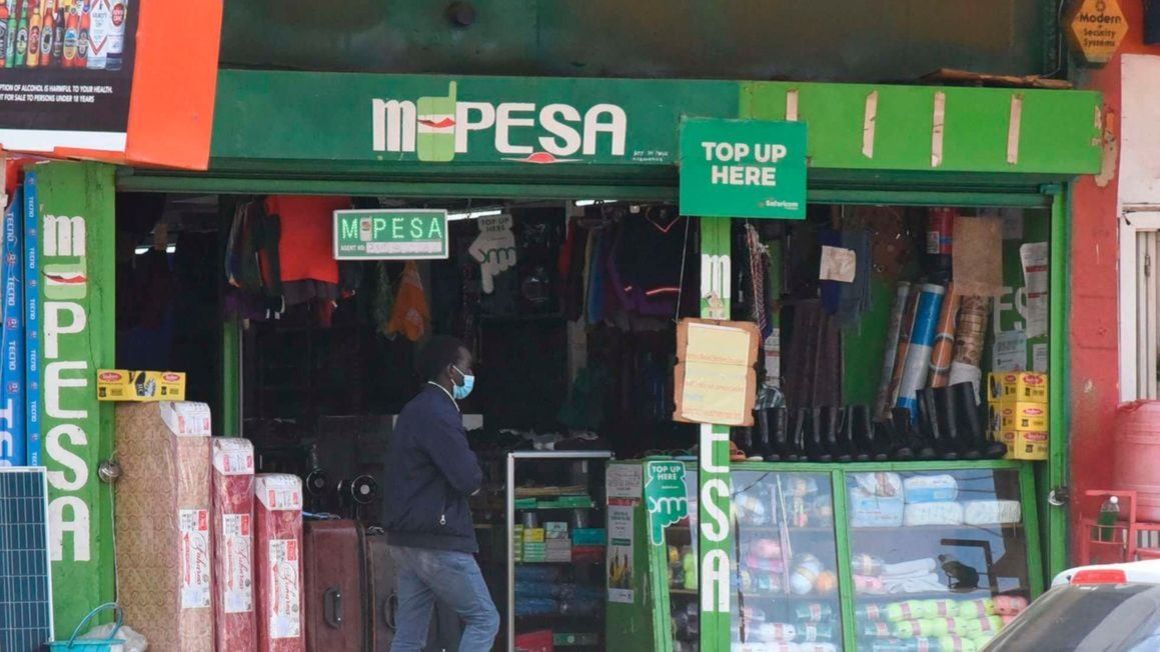South Africa’s telecoms operator Vodacom Group says it is not yet ready to sell part of its stake in mobile money platform M-Pesa, as rivals make moves to monetise their financial services.
Airtel Africa was the first to sell minority stakes in its continental financial service in 2021 through its subsidiary Airtel Mobile Commerce BV.
MTN Group announced in August that it intends to sell a minority stake in its mobile money arm to payments firm Mastercard.
Vodacom, which owns a 35 percent stake in Safaricom, says the M-Pesa businesses in multiple countries are packaged independently for a potential sale except for Kenya. The multinational added that the focus now is on growing the business.
Read: Safaricom buys M-Pesa cash firm from Vodafone
“We’re still doubling down to make sure that we can grow the use cases, the one app strategy, the mini app strategy, M-Pesa for kids, the investments, the international money transfer and so on,” Vodacom’s Chief Executive Officer Shameel Joosub said at a recent conference call with analysts
“We haven’t decided yet to pursue a potential sale,” he said.
M-Pesa is the largest mobile money platform in Africa by customers and transaction value, indicating that Vodacom can fetch much higher prices if it decides to sell stakes in the business to strategic investors.
Vodafone says its mobile platforms, including Safaricom, processed $370.6 billion of transaction value over the 12 months to September across its African markets.
M-Pesa is currently offered by Vodacom’s majority-owned subsidiaries in Tanzania, Mozambique, Lesotho and the Democratic Republic of Congo. Vodacom also owns an indirect stake in M-Pesa’s business in Kenya through its 35 percent stake in Safaricom.
“In terms of the M-Pesa sale process, what we have done successfully is separated the different companies into different entities except for Kenya,” Joosub said.
“Should we decide to monetise, we’re ready for that. We will of course build up some good inventory.”
He added that absolute M-Pesa revenue, including Kenya, is projected at between $1.6 billion and $1.7 billion in the current financial year ending March 2024.

